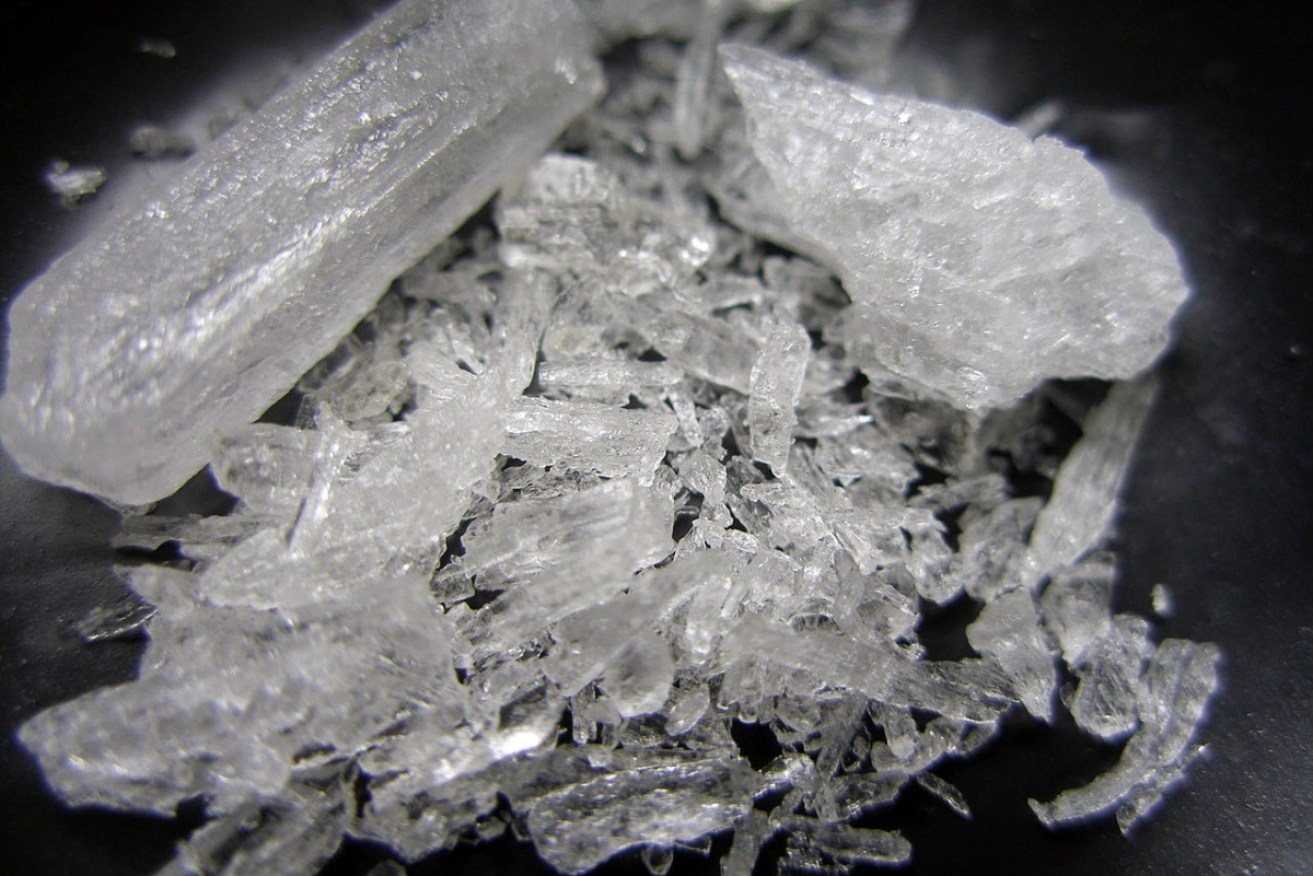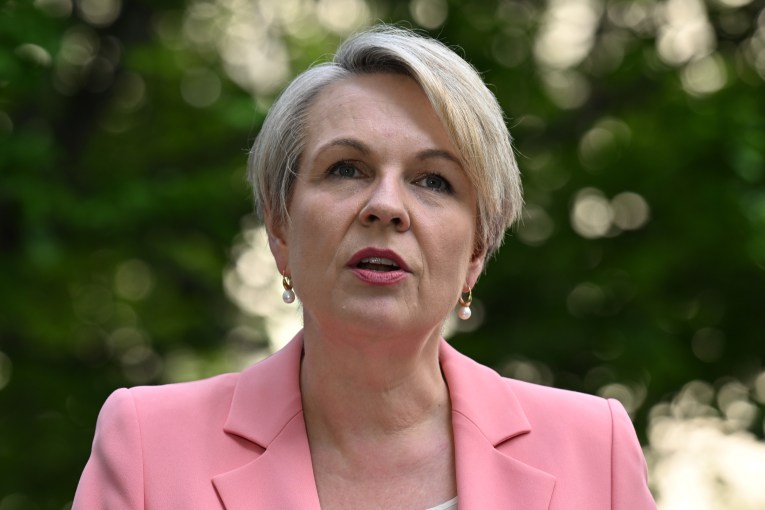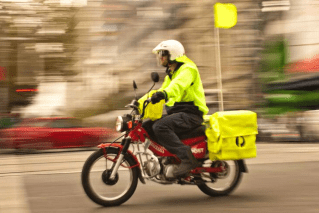Ice ‘distribution hubs’ among hardest hit locations in regional Australia


Children as young as 12 from regional Australia are being treated for ice addiction. Photo: AAP
As the ice epidemic ravages country Australia, children as young as 12 from regional towns are being driven hundreds of kilometres for treatment for ice addiction at a city residential withdrawal unit.
The New Daily has learnt Williams House in Coburg, Melbourne, has been treating youngsters trapped in the severe grip of the destructive drug, with many having been brought in for urgent help from rural and regional towns.
The children, referred from “ice hot-spots” including Albury in NSW, are being treated alongside teenagers and young adults up to 21.
They undertake strict detox programmes at the unit as the rise of the use of crystal methamphetamine continues to devastate regional Victoria and other rural areas across the country.
New figures released this week showed ice-related deaths in regional areas have doubled over seven years.
Despite efforts by the National Ice Taskforce and the Ice Action Plan announcing new funding on a range of measures to tackle the problem, advocates are warning the drug remains relatively cheap and is creating regional ice hubs including:
- Mount Gambier in South Australia
- Katherine in the Northern Territory
- Fyshwick in ACT
- Smithton in Tasmania
- Mandurah in Western Australia
“Many of the regional towns are badly affected because they are on key transport routes where the drug is being distributed,” says Paul Aiken, Evaluation and Advocacy team leader for Uniting ReGen which runs Williams House.
At Williams House the newly-admitted patients, including the children, have to go through a screening process and usually stay for seven to 14 days on average.
“They are offered support before and after this withdrawal period as it’s very tough to go through,” Mr Aiken told The New Daily.
“We see young people everyday who are presenting with complex needs and they are using ice and other drugs.”
Mr Aiken listed causes including “intolerable life circumstances”, trauma, mental health problems, homelessness and unemployment as factors fuelling ice use in regional areas.
Mr Aiken said statistics regarding use of RenGen services showed those seeking treatment for ice addiction had tripled from 11 per cent in 2012/13 to 32 per cent in 2015/16.

Ice is the highest consumed illicit drug tested across Australia. Photo: Getty
And in March this year a report from National Waste Water Drug Monitoring Programme revealed that methylamphetamine is the highest consumed illicit drug tested across all regions of the country.
The report also showed that Western Australia had the biggest number of ice users in the nation.
Ice users are more likely to demonstrate violent behaviour and aggression including domestic violence and sexual assaults.
Former indigenous ice addict Jeffery Amatto, 37, who spent several years in and out of jail due to using crime to fund his habit, says he finds it hard to return home to Wellington in country NSW because “many members” of his close family are addicts.
“I blew $500 on two-day ice benders and stole from my own mother before rehab saved me,” he told The New Daily.
Mr Amatto now works as a mentor around the country with his advocacy group Brothers 4 Recovery.
“When you are unemployed and miserable ice gives you a huge surge of confidence, I thought I was as tough as Mike Tyson and danced like Michael Jackson,” he said.
“Ice is a totally different drug to more relaxing drugs like heroin or cannabis because it keeps you awake for days on end. It gives you a big endorphin rush and a massive sex drive.
“But when you are coming down off it all you want to do is lock yourself away and hide from the world.
“It turns you into the devil himself. You do whatever you have to do to get hold of it again.”
Mr Amatto says he is “devastated” so many members of his indigenous family in his regional home town are still in the grip of the drug.
“Many of them won’t admit their problem as it’s seen a shameful secret, so I fear they won’t ever seek the help they need.
“But what worries me the most is the children getting caught up in it too.”
Lucie Morris-Marr is a Melbourne-based freelance investigative journalist who is a contributor for CNN, The New York Times and Daily Mail Australia.








